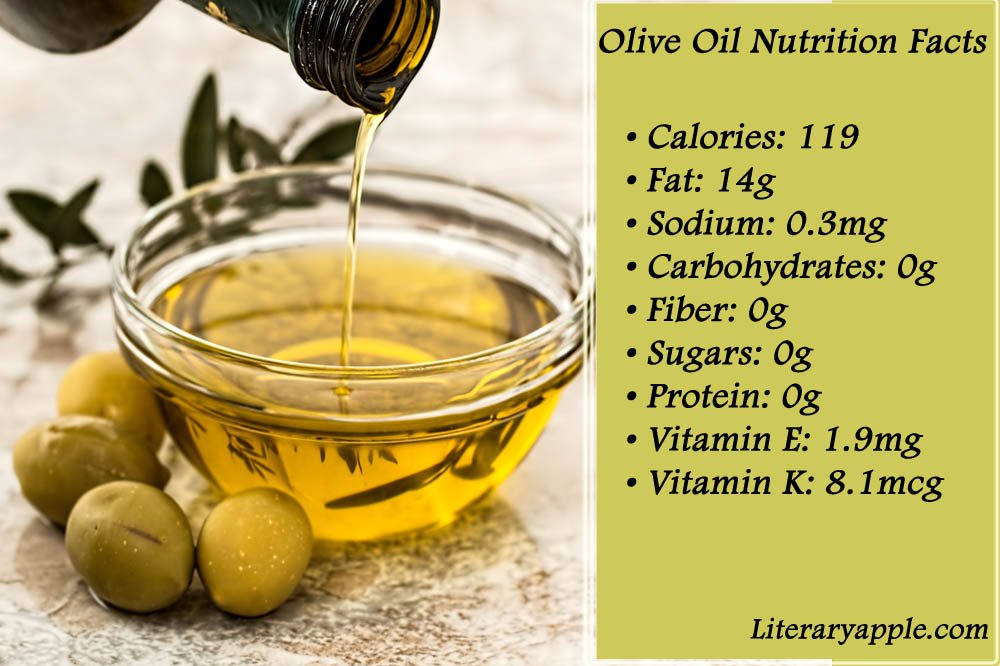Does Cow’s Milk Increase Height? Does It Grow Children Taller?

Does Cow’s Milk Increase Height?
Does It Grow Children Taller?
Parents always strive to provide their children with the best nutrition for their growth and development. One of the most common beliefs is that cow’s milk is essential for children’s growth, and it can help them grow taller. Cow’s milk is known to be rich in nutrients and is often recommended for children’s growth and development. But is this really true that cow’s milk increase height? In this article, we will explore the scientific evidence behind this popular belief and answer the question: Does cow’s milk help children grow taller?
Nutritional Composition of Cow’s Milk
Cow’s milk is a nutrient-dense food, and its nutritional composition varies depending on factors such as the cows breed, diet, and lactation stage. On average, one cup (240 ml) of the whole cow’s milk contains:
- Calories: 149
- Protein: 7.7 grams
- Fat: 8 grams
- Carbohydrates: 11.7 grams
- Calcium: 276 mg
- Vitamin D: 49 IU
- Vitamin B12: 1.1 mcg
Cow’s milk is also a good source of other nutrients, including phosphorus, potassium, and vitamin A.
Cow’s Milk and Bone Health
Cow’s milk is often recommended for bone health because it is a rich source of calcium, which is essential for building and maintaining strong bones. Adequate calcium intake during childhood and adolescence is crucial for bone development and can help reduce the risk of osteoporosis later in life.
Growth Hormone in Cow’s Milk
One of the concerns raised about cow’s milk is the presence of growth hormone. Cow’s milk naturally contains small amounts of insulin-like growth factor 1 (IGF-1), a hormone that promotes growth in cows. Some studies have suggested that IGF-1 in cow’s milk may also stimulate growth in humans, but the evidence is inconclusive.
Evidence on Cow’s Milk and Children’s Height
Several studies have investigated the relationship between cow’s milk consumption and children’s height. A review of 29 studies found that cow’s milk consumption was positively associated with height in children. However, the effect was small, and the relationship was not significant in all studies.
Another study followed 186 children from birth to age 5 and found that children who consumed more milk had greater height gain compared to those who consumed less milk. However, the study did not differentiate between cow’s milk and other types of milk.
Overall, the evidence on the relationship between cow’s milk consumption and children’s height is mixed. While some studies suggest a positive association, others find no significant effect.
Best Time to Drink Milk for Height Gain
If you want to grow your child taller, choose a suitable time to feed milk. According to nutrition experts, Kids should drink milk in the morning, at the beginning of the day, and in the evening, 2 hours before sleeping. Drinking milk in the morning gives kids sufficient calories and nutritions that help kids stay active throughout the day. Children who are taking hard food during the daytime, should drink milk one hour after meal. Drinking milk 2 hours before sleep is advisable as kids’ body absorb calcium best during sleep and also might increase sleep quality.
Milk Alternatives
While cow’s milk is a common and convenient source of nutrition for children, it may not be suitable for all children. Some children may be allergic or intolerant to cow’s milk, while others may choose to avoid it for ethical or environmental reasons.
There are many milk alternatives available, such as soy milk, almond milk, and oat milk. These milk alternatives are often fortified with nutrients such as calcium and vitamin D, making them a suitable alternative to cow’s milk.
Is Goats Milk a Suitable Cow’s Milk Alternative for Children
The nutritional value of goat’s milk is similar to that of cow’s milk. So, you can feed kids with goat’s milk because many dairy milk including goat’s milk and cow’s milk, have similar nutritional profile and protein content. Feeding a kid with goat’s milk has a similar effect on height, growth, and development as cow’s milk.
Other Factors Affecting Children’s Height
While cow’s milk consumption may have some effect on children’s height, other factors play a more significant role. Genetics, nutrition, and physical activity are some of the most important factors that determine children’s height. Adequate protein, calcium, and vitamin D intake is especially important for bone growth and development. Physical activity is also crucial for children’s growth and development.
Fruits, vegetables, whole grains, lean protein, and healthy fats are all important components of a healthy diet. Encouraging children to try new foods and eat a variety of foods can help ensure that they are getting all the nutrients they need for optimal growth and development.
Conclusion
In conclusion, while cow’s milk is a good source of nutrients, it is not a magic bullet that will guarantee children’s height. While some studies suggest that cow’s milk consumption may have a small positive effect on children’s height, other factors such as genetics, nutrition, and physical activity play a more significant role. Encouraging children to try new foods and eat a variety of foods can help ensure that they are getting all the nutrients they need for optimal growth and development.
You Might be Interested In…


You May Also Like

20 Surprising Health Benefits of Cloves
11/10/2023
Benefits of Olive Oil
21/11/2022